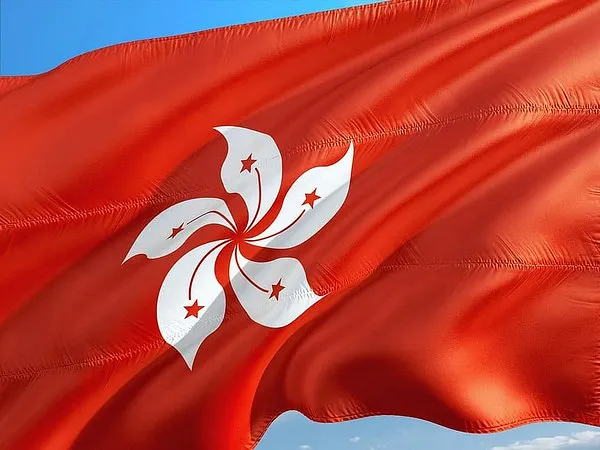Hong Kongers are worried about the possible influx of Covid mutant strains from China after its border reopens this Sunday, the US-based Voice of America (VOA) reported, adding that Hong Kong’s citizens have emptied pharmacy shelves once stocked with non-prescription drugs for alleviating symptoms.
The Chinese government on Thursday announced that it would reopen its border with Hong Kong on January 8, three years after it was shut to contain the spread of Covid.
From Sunday, 60,000 people will be allowed to cross the China-Hong Kong border each day without quarantining.
Many pharmacies in Hong Kong have imposed quotas on the purchase of non-prescription drugs for cold and fever, pain relief and diarrhoea due to the panic purchasing of medicines prior to Sunday’s border reopening.
The situation in Hong Kong is the same as that in China where authorities are telling pharmacies to sell drugs in smaller packages so more people can buy them, VOA reported.
And while there is relief in Hong Kong that the economically important tourist traffic from China will pick up once the border opens, worry about what variants may arrive with the visitors has fuelled the run on pharmacies, the VOA reported.
Consumers in Hong Kong are buying whatever medicine they think might be useful.
Hong Kong’s Chief Executive John Lee in December announced that it would cancel mandatory PCR tests for those coming from China.
Amid a Covid surge in China, many countries are thinking about imposing curbs on travellers from China. United States, Britain, France, Spain, Italy, India, Japan, South Korea and Taiwan have already imposed restrictions on travellers from China.
According to CNN, Covid cases have surged in China after the government abandoned its ‘Zero Covid’ policy.
Chinese authorities are finding it difficult to track the number of Covid infections in the country due to a stop on mass testing.
The World Health Organisation (WHO) on Wednesday accused China of under-representing the severity of its Covid outbreak, reported CNN.
WHO Director-General Tedros Adhanom Ghebreyesus, at a media briefing in Geneva on Wednesday, said, “We continue to ask China for more rapid, regular, reliable data on hospitalisations and deaths, as well as more comprehensive, real-time viral sequencing.”
“The WHO is concerned about the risk to life in China and has reiterated the importance of vaccination, including booster doses, to protect against hospitalization, severe disease, and death,” Ghebreyesus said, as quoted by CNN.
Chinese hospitals and crematoriums are struggling with an influx of patients and dead bodies with rural areas facing most of the brunt, say reports.

